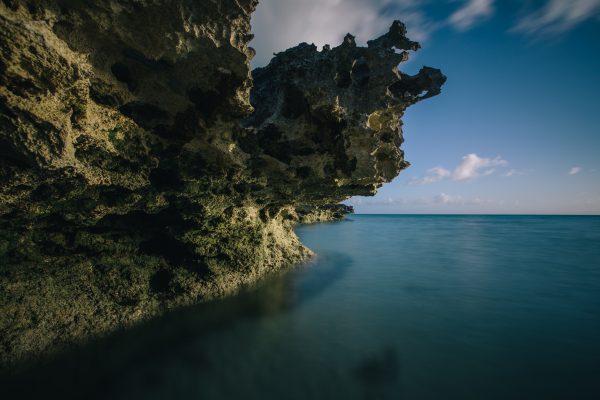March 10th, 2016
Oceans are the planet’s life support system; their temperature, chemistry and currents drive global systems that make the Earth habitable for humankind. Whether you live close to the coast, or far from it, you depend on the world’s oceans in many ways. Our rainwater, drinking water, weather, climate, coastlines, much of our food, medicines, and even the oxygen in the air we breathe, are all ultimately provided and regulated by, the ocean. These resources and processes are sometimes referred to as ‘ecosystem services’, and their value is immeasurable.
Water is essential for life, and the oceans hold about 97% of the planet’s water. As a critical link in the water cycle, the ocean plays a key role in maintaining our supply of fresh water. Food might be the most obvious resource that the ocean provides to us. Aside from seafood, ocean ingredients, like algae and kelp, are used in making many other food products. Many marine organisms are used in the production of medicines; some have even shown resistance to diseases such as HIV, tuberculosis, malaria, and some forms of cancer.
Oceans generate over half of the oxygen that we breathe, via tiny marine plants called phytoplankton who produce oxygen when they photosynthesize. These same organisms give ocean waters the capacity to absorb carbon dioxide from the atmosphere and so reduce the impacts of climate change. The ocean further regulates our climate by absorbing heat and redistributing it around the world through currents, evaporation, condensation, and precipitation.
Healthy marine habitats like reefs, beaches, mangroves and wetlands help to protect coastal communities from the effects of extreme weather events. Oceans also provide us with waste treatment services; detoxifying some pollutants and storing, burying, or recycling others. As the amount of waste and pollution we are putting into our oceans increases, its ability to purify and treat becomes compromised.

Oceans are a source of beauty, inspiration, rejuvenation and recreation for many. Many religions attach spiritual value to ocean ecosystems and wildlife. Oceans offer endless recreation opportunities such as ocean kayaking, surfing, sailing, beachcombing, scuba diving, whale watching and sport fishing. Time spent in nature has been shown to reduce stress and fatigue, which in turn reduces the need for health care services and gives us greater energy levels, concentration, productivity and creativity.
Our health, security, economy, and our very survival all require healthy ocean ecosystems. We each have a personal responsibility to protect the planets oceans!



